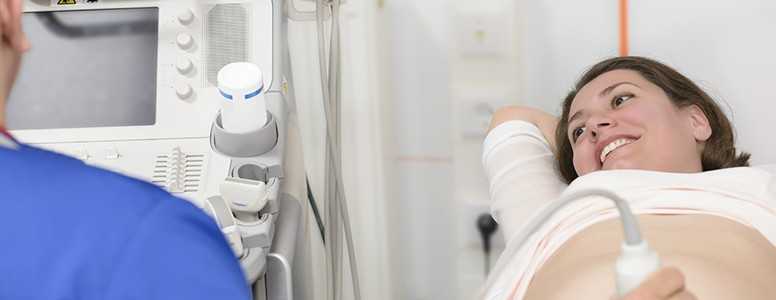People who nap for more than an hour during the day could have an increased risk of type 2 diabetes, according to Japanese researchers.
This is the latest study investigating the complicated relationship between sleep and diabetes, which was conducted by scientists at the University of Tokyo.
The study used data from 21 trials involving 300,000 people who had recorded their daily sleep patterns, which included napping.
An association was observed between daytime naps longer than 60 minutes and a 45 per cent increased risk of type 2 diabetes, compared to no daytime napping. However, no link was observed with naps lasting less than 40 minutes.
While the researchers acknowledged no causal affect of longer naps and increased type 2 diabetes, they believe the findings could indicate “reverse causality”, in which people napping for longer are more likely to be ill and have risk factors for diabetes and other health conditions.
They hypothesised that longer naps could be a result of failing to complete a sleep cycle, which could be caused by sleep apnea.
“Entering deep slow-wave sleep and then failing to complete the normal sleep cycle can result in a phenomenon known as sleep inertia, in which a person feels groggy, disoriented, and even sleepier than before napping,” said lead author Dr Yamada Tomahide.
“A short nap finishes before the onset of deep slow-wave sleep. Several studies have demonstrated beneficial effects of taking short naps less than 30 minutes in duration, which help to increase alertness and motor skills.
“Although the mechanisms by which a short nap might decrease the risk of diabetes are still unclear, such duration-dependent differences in the effects of sleep might partly explain our finding.”
Tomahide added that sleep deprivation, caused by stress or shift work, could also increase appetite and consumption of high-calorie food, which subsequently raises the risk of type 2 diabetes.
The findings were presented at the European Association for the Study of Diabetes in Munich.
What's new on the forum? ⭐️
Get our free newsletters
Stay up to date with the latest news, research and breakthroughs.






